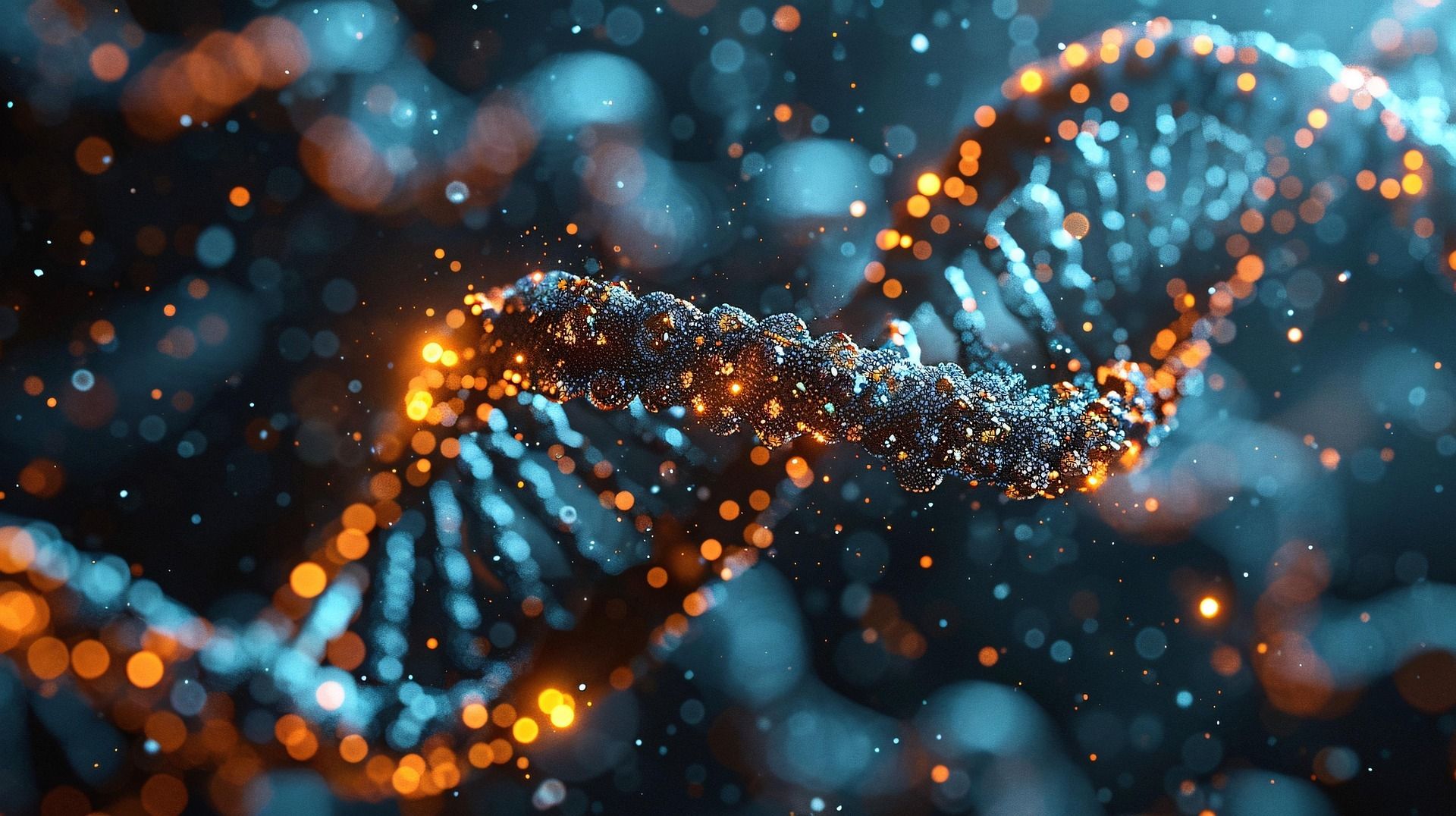- Salisbury's Take
- Posts
- How Well Can Genetic Tests Predict the Future?
How Well Can Genetic Tests Predict the Future?
A new study found that genetic data is not helpful (yet) for predicting how diseases will progress in any given individual

Image by Tyli Jura
While many genetic variants have been linked with a person’s susceptibility to a specific disease, it has been far more difficult to identify DNA-based markers that offer personalized predictions of disease progression. That’s the upshot of a new report in Nature Genetics from scientists in Europe and the U.S. For the analysis, the team evaluated nine common diseases — including a variety of cancers, type 2 diabetes, cardiovascular disease, stroke, Alzheimer’s disease, and chronic kidney disease — and searched across seven biobanks to determine whether known genetic factors were correlated with mortality from those diseases. Was there, for example, a clear indicator that could help determine which people would die from stroke and which people would survive? Across the board, the answer was no. The scientists suggest that future studies might be more successful by including more data, different genetic variants, or different models of disease progression.
This is a great reminder that results from genetic tests aren’t destiny. Most of these tests are probabilistic; they indicate a likelihood that something will happen. We tend to think of laboratory test results as being incontrovertible, but genetic tests are different from a cholesterol readout or a blood cell count.
Why is that? There are a few contributing factors. One is that we are still learning the rules of genetics — Mother Nature didn’t exactly leave an instruction manual for interpreting DNA. While I believe it’s fair to say that scientists know more about our genome today than they don’t know, there’s still a long way to go before they truly understand all of the intricate details. Until that happens, the results of any genetic test have to be considered at least somewhat incomplete.
Another factor is that biology is seriously complicated. Scientists can take a relatively simple organism, edit it to turn off a gene with a known function, and discover that the resulting organism still carries out that function. Our genomes are rife with unexpected backup plans that can be activated when needed. In humans, this leads to cases where someone who has a genetic variant known to cause a certain disease never actually develops that disease. Scientists around the world are avidly studying protective DNA elements that might cancel out disease-causing variants to explain this phenomenon.
So what exactly can you count on from genetic test results? Let’s take a look at some broad categories.
Ancestry. While resolution varies by population, scientists have a good handle on DNA sequences that indicate where a person’s genetic ancestors lived. If you take a test that says you’re descended from people who lived in Italy or South Africa or Brazil, there’s a strong chance those results are accurate. On a more immediate level, DNA can reliably identify the biological parents of a child and spot close relatives.
Disease risk. For diseases caused by a single known genetic variant, tests can accurately tell whether a person has that variant. While in most cases having the variant will mean developing the disease, there are rare exceptions. As diseases get more complex — say, caused by multiple variants, or a mix of DNA variants along with changes in genetic regulation — it gets more and more difficult for genetic test results to provide a clear answer. Right now, many tests simply sort people into categories, such as having higher-than-average or lower-than-average risk for developing a complex disease.
Cancer profiles. Some genetic tests aren’t performed on an individual’s own DNA, but rather on that of his or her tumor. Scientists are learning more about cancer genetics all the time, so results of these tests are continually improving but not yet comprehensive. Current tests can do a very good job of identifying tumor DNA markers that might guide therapy selection, suggest a likely prognosis, or indicate resistance to treatment.
Drug metabolism. If you’ve come across the term “pharmacogenomics,” it’s an area of genetics that reflects how someone is likely to process a specific medication. For example, there are fast metabolizers and slow metabolizers; these groups of people might need different doses of the same medicine to provide the desired outcome. Some people have genetic variants that make them unable to metabolize certain medications at all. This is another area where scientists are still learning, but the information that is available through genetic tests can be a useful factor for physicians to consider when choosing a treatment or a dosing level for a patient.
The lesson here is that genetic tests are quite valuable and clinically useful, but their results should be interpreted with the understanding that they typically reveal probabilities rather than certainties.